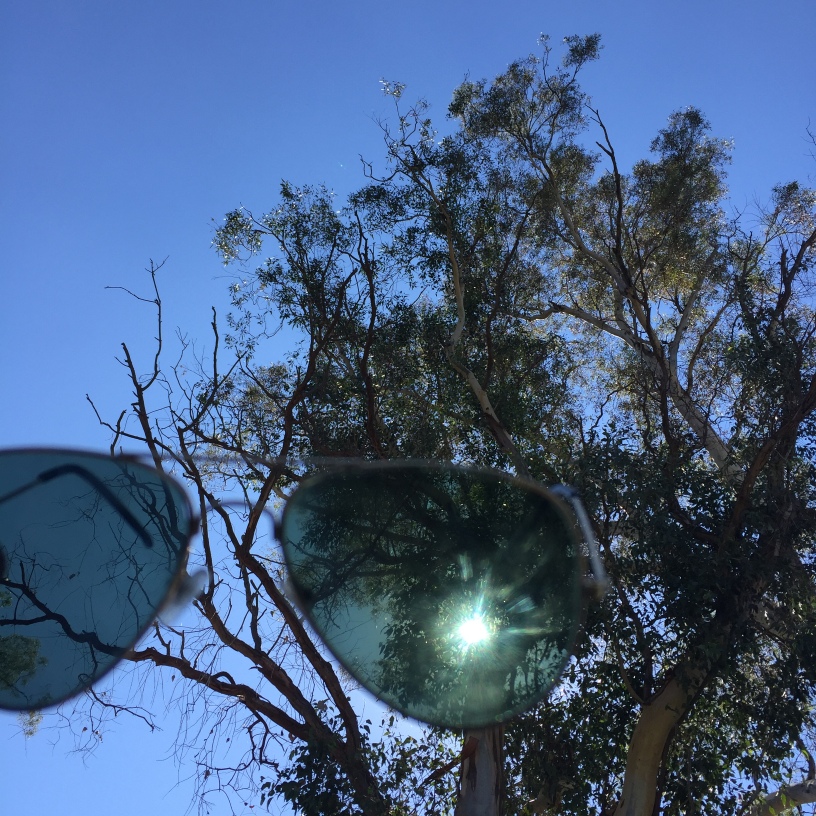My only trip to the United States occurred in the year 2014, as I was visiting my colleagues in Philadelphia for a very short business trip. I have heard fascinating stories about the behaviour and the line of questioning faced by first time visitors – even the well travelled ones – from the immigration officials.
My encounter was brief. I was asked to explain the purpose of my visit, which I did. I was then asked to explain my role which read Project Expert. With a face that did not hide the smirk and a voice blatantly sarcastic, the official asked me,
“What makes you an expert, Sir?”
On the way to the hotel, I could not stop thinking hard about this question. I had carried out multiple roles – engineer, tester, manager etc., and acquired fancy titles and glorious designations along the way. I started my career as an Associate Software Engineer – and when I eventually climbed the first step in the corporate ladder to become a Software Engineer, it already felt like having shed some burden away. At a later point in my career, I was called a Development Specialist before becoming a Project Expert.
Associate, Specialist, Generalist, Expert, Analyst, Professional. These titles can be quite misleading. For instance, while the title Area Product Owner referred to someone who managed many Product Owners, a lot of people misunderstood the APO as an associate under a PO.
Mostly, the actual role performed by someone bears little resemblance to the designation. Once when we included the senior vice-president of our line of business in a conversation with a customer, he – being demonstrative of his proud roots – introduced himself, “I am a developer!”. Though he meant he was still an engineer at heart, I could already see the frown in the face of this business leader at the customer end – who seemed terribly disappointed at being introduced to a mere mortal.
I stopped taking these labels seriously after a while. Whenever I got a new title, I went along happily – accepting a step change to my career which also came with additional responsibilities (and pay hikes).
But did I become an expert ?
What makes someone an expert after all ? Me thinks, it is by learning – doing – learning – doing – this goes on and on. Putting in thousands of hours of work, honing our skills, working under the guidance of mentors, being trivialized and challenged by peers and subordinates, failing multiple times, reflecting on those debacles and being able to feel confident about the stuff we do. That’s a not a crisp definition but hey, I’m not an expert to talk about that.
Recently, I found myself struggling to convince my daughter to stop relying on google for her school assignments. I tried to explain that the content from a published book – written by an expert, could be trusted more than a fuzzy search engine. She pushed back: how come you trust this author but not the person who contributed to the web content. I went on to say a lot of things about the difference between an amateur and a professional, body of knowledge etc, but she was unimpressed. Eventually, I got her to listen when I asked her if she was going to take the risk of false information.
I have to admit however, I have been doing a lot of my own learning from google, especially during my professional life. But then the actual doing part validates every bit of learning. Also, I have been lucky to have carried out varied tasks and responsibilities and have a general sense of being an IT engineer. The breadth of knowledge is equally important to the depth of skills and expertise in a particular area.
My answer to the immigration official evoked a genuine smile from him: “When you spend fifteen years doing something, it is inevitable that you become some sort of an expert, don’t you?”
You just have to be mindful of not getting into a rabbit hole, however. Apparently Gandhi has said, “The expert knows more and more about less and less until he knows everything about nothing”.

good one Rajesh…
LikeLike
Thank you Akka!
LikeLike
I liked it Rajesh, expressive and open.
LikeLike
Good
LikeLike
I don’t believe it has ever been done before – evoking a smile from a US immigration official 😀
LikeLike
Oh maybe I thought he smiled 😀?!
LikeLike